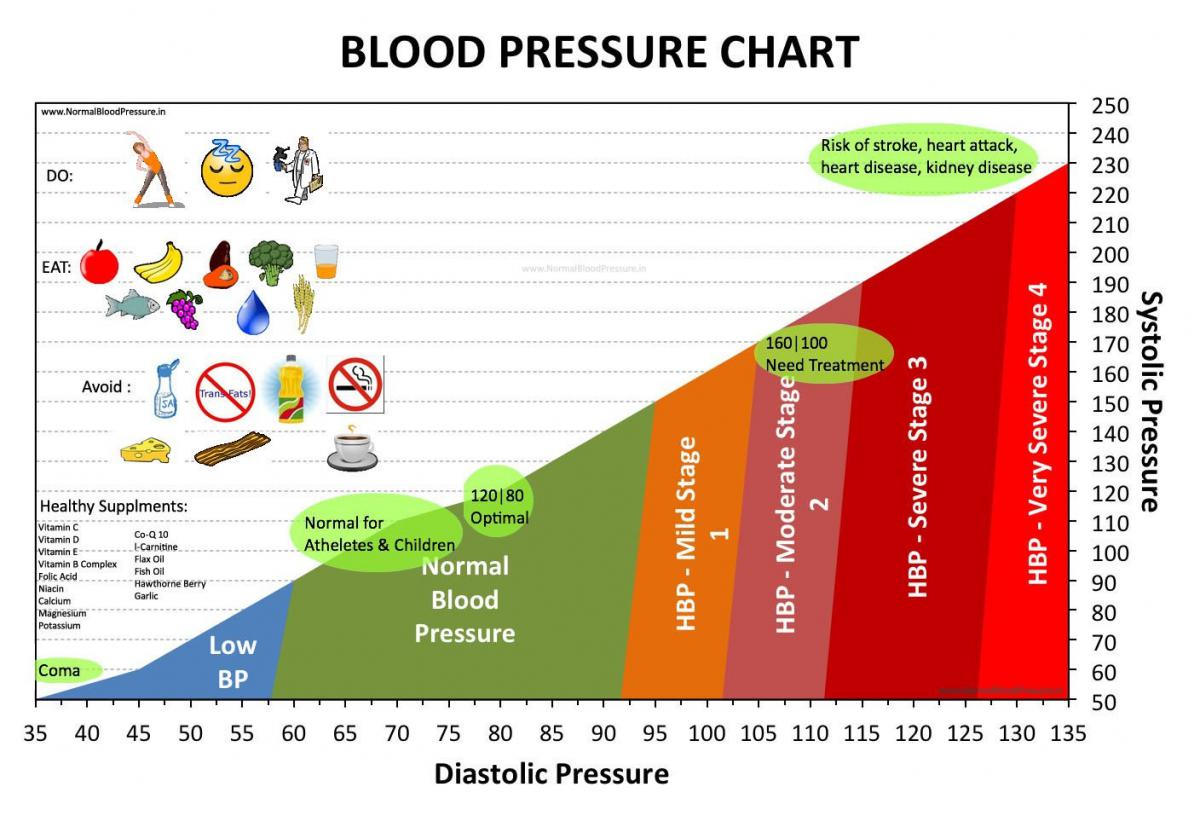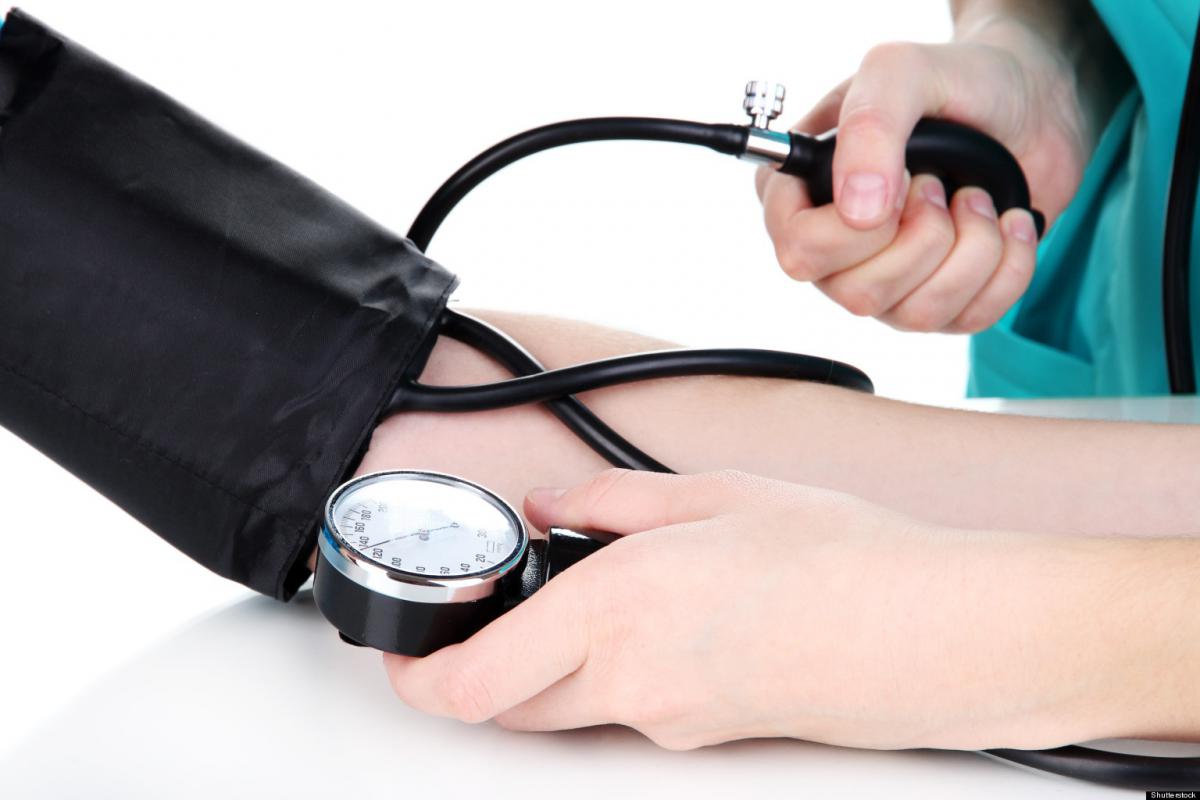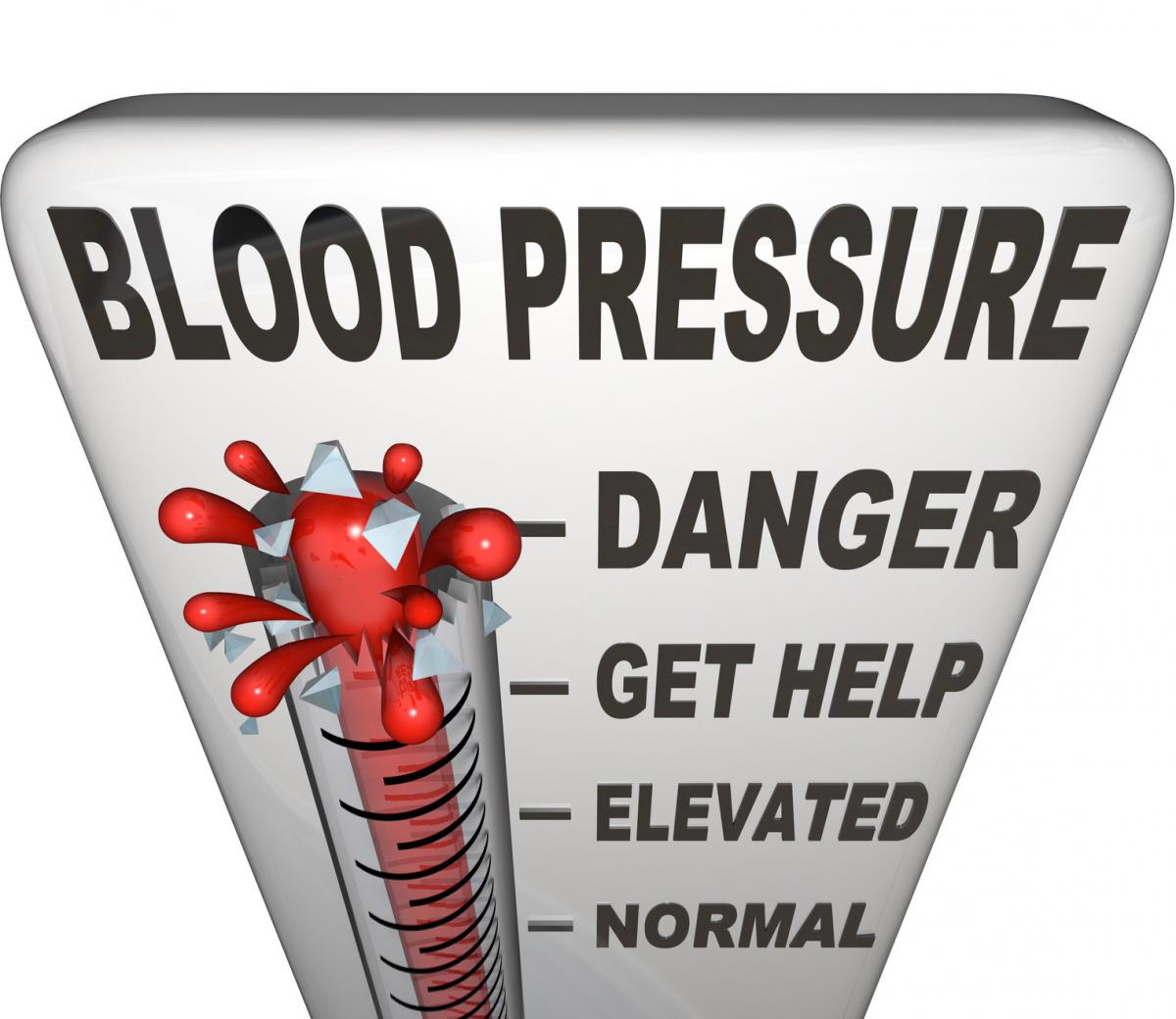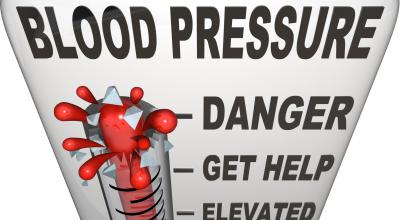Definition
High blood pressure is a dangerous condition in which the heart works intensively in order to provide blood to the body through the blood vessels. If your arteries are narrow and your heart needs to pump more blood, the medical condition of high blood pressure occurs. This tension experienced by the heart leads to diseases such as atherosclerosis (a state of hardened arteries), or it causes heart attack.

What Causes High Blood Pressure?
It is quite difficult to give a precise reason for the causes of high blood pressure, also known as hypertension. However, there are some common etiologies and factors that contribute to its development and persistence. People who are addicted to smoking or drinking alcohol are prone to suffer from high blood pressure. Obesity, old age, excessive salt content in the diet or inactive lifestyle can be added to the kidney, adrenal or thyroid disorders, as well as the genetic causes of hypertension. Last but not least, people’s stressful daily routine also provides its solid contribution to the development of hypertension.
Types of high blood pressure
According to its degree of definiteness, high blood pressure can be divided into two types:
Primary (essential) hypertension
Since aging is one of the causes of hypertension, adulthood seems to be the period of people’s life when high blood pressure is prominent. The gradual appearance of this health condition is labeled as essential or primary hypertension.
Family medical history, as well as old age seem to contribute to the occurrence of hypertension. Yet, racial differences could also have their say. There is a twofold possibility for African-Americans to suffer from hypertension in comparison to the Caucasian race. Gender is likely to be definitive in terms of high blood pressure since it has been

recorded that black-skinned women in their late 60s exhibit some of the highest hypertension rates.
Excessive salty food and various dietary habits have a significant impact on the development of high blood pressure. Opposed to populations, who do not tend to fancy additional salt in their diet, those who consume the most salt on average are apt to demonstrate the highest occurrences of essential hypertension.
Addiction to junk food and insufficient amount of physical exercise(eventually leading to obesity), addictive alcohol drinking on a chronic basis, as well as smoking and stress are alleged to be some of the factors which increase the possibility of essential hypertension incidences.
Secondary hypertension
Compared to the levels of blood pressure demonstrated by a primary hypertonic, secondary hypertension levels of blood pressure are by far higher. Secondary hypertension usually appears as a result of some kind of medical condition including:
- Kidney medical disorders
- Adrenal gland cancer, which causes abnormal hormone secretion that increases the rate of blood pressure
- Thyroid deficiency
- Inborn blood vessels defects
- Uncontrolled intake of medications such as birth control pills, congestion relieving drugs, over-the-counter painkillers and some blood constricting medications prescribed by GPs
- Alcohol and drug abuse
- Obstructive sleep apnea
Symptoms
High blood pressure levels may remain unnoticed by the sufferer, which means that the signs and symptoms are not easily traced.
However, headaches and dizziness, and sometimes abnormal nasal bleeding could be symptomatic for the incidence of dangerous and even lethal hypertension. The lack of symptoms does not mean that your blood vessels are not endangered. In this case people are at risk of experiencing heart failure. High blood pressure levels can be controlled after a consultation with your doctor.
When is it advisable to see a doctor?

Routine medical checks include having your blood pressure read.
After the age of 18 it is advisable to demand a blood pressure check at least once in a period of two years. Since blood pressure may be different in the two arms, you should have both arms checked. Have a more frequent blood pressure readings if you already exhibit the diagnosis of hypertension or any cardiovascular problems.
Other means of having your blood pressure read is by visiting health centers for unpaid screening or some other facilities in town. Some supermarkets are equipped with a free blood pressure reading devices, but their accuracy is questionable.

Leave a Reply